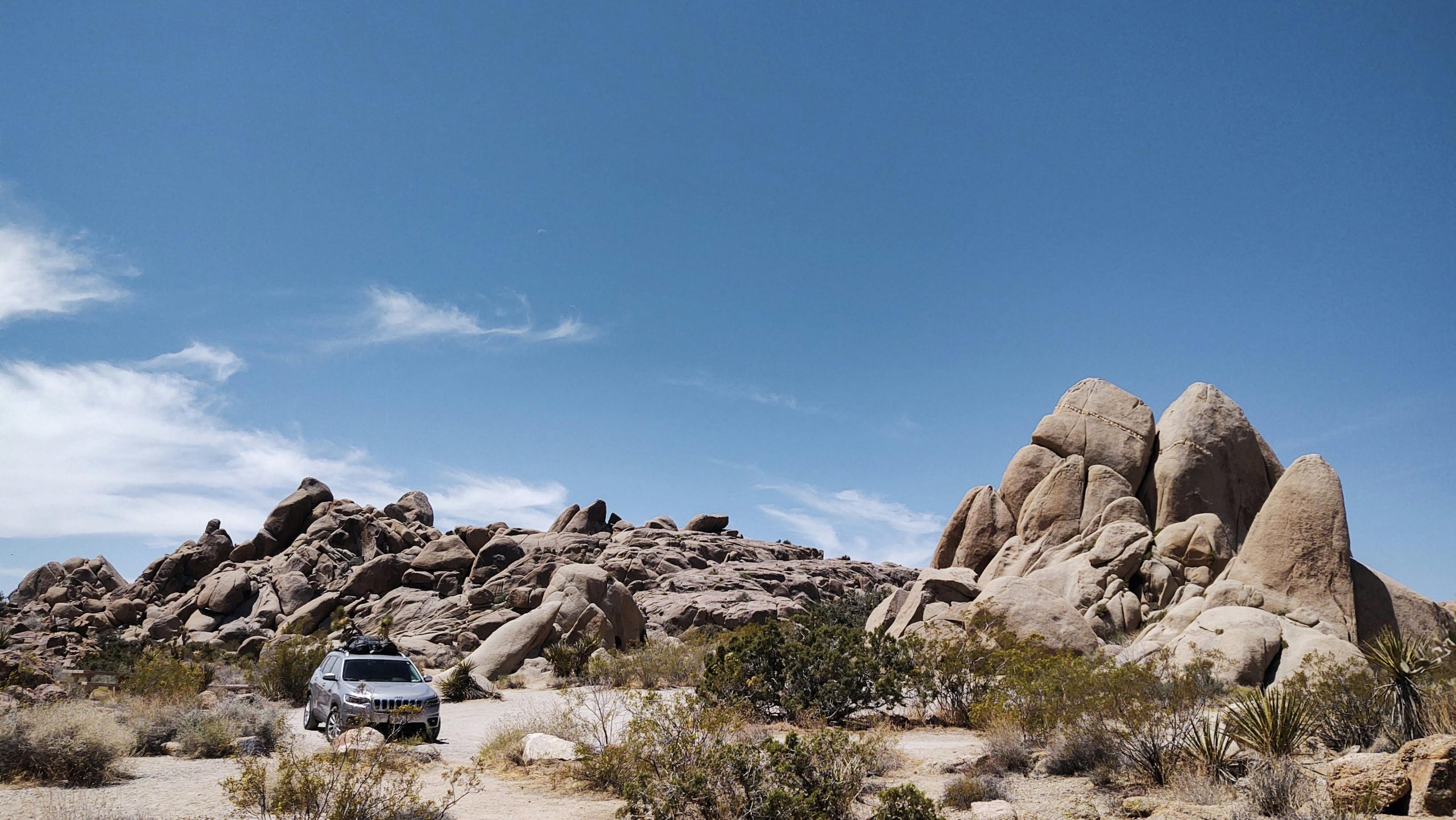National parks are not merely picturesque vacation spots these are critical ecosystems, cultural icons, and wildlife havens. With more travelers finding refuge in the natural world, it is becoming ever more essential to venture into these precious landscapes with sensitivity and appreciation. Responsible travel not only protects the integrity of these parks but also ensures that they are preserved for generations to come.
Why Responsible Exploration Matters
National parks are fragile ecosystems. Small actions such as removing a wildflower or dropping trash can disturb ecosystems. When millions visit parks annually, thoughtless behavior mounts up. Preserving these areas for future generations requires us to recognize our footprint and take action to reduce it.
1. Practice Leave No Trace Principles: Leave No Trace (LNT) philosophy is the foundation of ethical outdoor behavior. It calls upon visitors to:
- Plan ahead and prepare: Know park rules, weather, and terrain.
- Use trails and designated campsites: Camp and travel on hard surfaces.
- Pack out trash, leftover food, and litter: Dispose of waste properly.
- Leave it for others: Do not pick up plants, rocks, or ancient artifacts.
- Don’t have too much campfire impact: Use a stove or designated fire rings where allowed.
- Respect wildlife: Keep a distance, do not feed animals.
- Be considerate of other travelers: Be quiet and yield on trails.
2. Stay on Marked Trails: Wandering off-trail may not be bad, but it may damage sensitive plants and land, cause erosion, and disturb animals. Trails are planned to minimize environmental effect stay on trail.
3. Do Not Feed the Wildlife: Feeding wildlife can condition animals to become dependent on humans, change their habits, and in some cases, even provoke violence. Store food securely and never leave leftovers behind.
4. Use Eco-Friendly Products: From biodegradable soap to refillable water bottles, eco-friendly equipment keeps pollution at bay. Shun single-use plastics and use a reusable trash bag to pack out everything.
5. Support Local Conservation Efforts: Most national parks are on budgets. You can assist their cause by donating, volunteering, or participating in ranger programs that promote stewardship and education.
6. Respect Cultural and Sacred Sites: Several national parks possess culturally significant or sacred sites, especially within native territories. Be aware of signs posted and regional mores. Photographing is not always permitted, and silence is needed in some locations.
7. Visit during the Off-Season: Crowded parks are usually packed during peak season. Visiting the less busy months loosens the strain on the facilities and provides you and nature with a more peaceful experience.
Going to national parks responsibly is not only about following rules it’s learning to enjoy and respect nature and recognize our place within it. Each time you step a trail, snap a photo, or see the sun rise over a canyon, you are a caretaker of the wild.





Leave a Comment